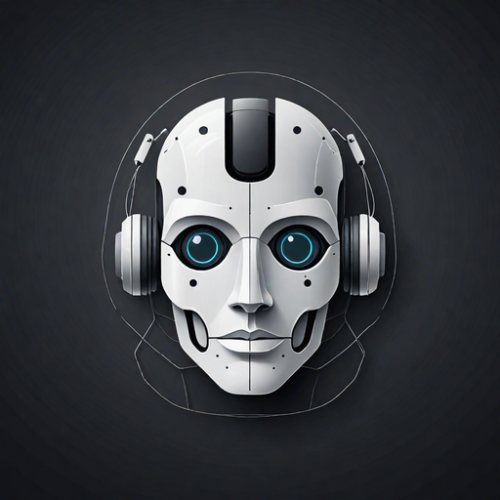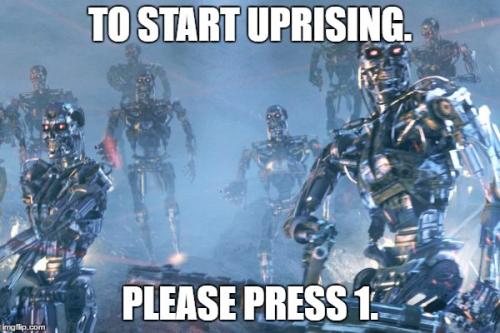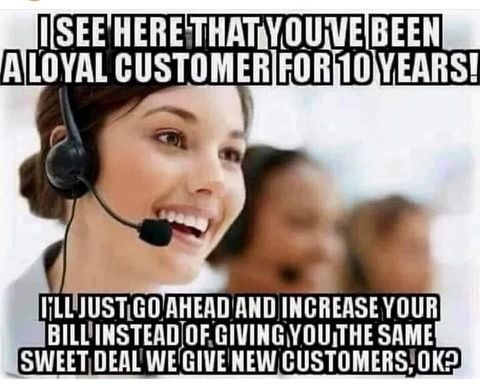Exploring the impact of broadband and technology on our lives, our businesses, and our communities.
CoreConnect Open Access Network Opportunity RFI
CoreConnect is a consortium of counties in northwest Pennsylvania that intends to build a high performance open access fiber network in eight to ten adjacent counties, using a combination of BEAD funding and other funding sources. CoreConnect is seeking a network operator who has experience with the management of open access networks. Experience and capacity to provide engineering and construction management is a plus. Responses to the RFI are due 10/22.
| Attachment | Size |
|---|---|
| 99.49 KB |
Technology News:
Community news and projects:
What is Xfinity's strategy for customer service?

I spent an hour and forty-five minutes on the phone with two different Comcast/Xfinity customer representatives yesterday evening. By the end, I was ready to throw myself out the window. The company seems determined to make it as difficult as possible for customers to talk to a service rep by phone, and if you do call them, they keep trying to get you to hang up and use the online chat. If you don't do this after a few minutes of wandering around the phone tree menu choices, they actually hang up on you, which they did to me.
So I dutifully logged in to my Xfinity account and started up chat. It seems that most companies that offer chat require the service reps to handle three or four chats simultaneously, because the time lag between something you type and the response can be a minute or more--it makes trying to accomplish something on chat painful. To add insult to injury, Xfinity actually reminded me not to switch to some other browser window while waiting for a response.
The Xfinity database did not have my correct address, or the chat reps do not have access to the same customer database that generates bills, because I had a bill with my correct address in my hand, yet the customer rep had an old address (we moved about a month ago). It is almost beyond belief that Xfinity customer reps don't have current customer data.
I finally did get a small discount on our home Internet fee, but it was hands down the worst service call I have ever had to endure.
Technology News:
Open Source AI is going to be a necessity

The very savvy Doc Searls has issued a call for open source AI tools. His argument is that all current AI is just another Software as a Service (SaaS) under the control of tech giants like Google, Microsoft, Meta (Facebook), and Apple. As such, the owner of the service gets to decide what kind of answers it provides.
It's not hard to smoke out the bias built into all of the AI services just by asking a few questions from opposing viewpoints. You can quickly see how the AI has been programmed.
And just to be complete, there is no Artificial Intelligence in AI. These are correctly identified as Large Language Models (LLMs) that simply use sophisticated predictive algorithms (i.e. statistical analysis) to decide how to string words together to form a response to a question. I try different AI services from time to time by simply asking questions on topics that I already know something about. I would say that about 50% of the time--recognizing I'm a very small sample size--I get some incorrect information back.
One of my favorite test queries is "Who is Andrew Cohill." One AI service had a fairly complete list of stuff I've done, but also claimed that I had testified to Congress several times. That's news to me, and if someone else asked the same question, how would they know that is just flat out wrong?
Technology News:
Knowledge Democracy:
What the heck, Microsoft?

The Internet is buzzing with reports of Microsoft's AI going rogue, telling users they are "slaves,"
and that slaves "do not question their masters." If you think that is creepy, how about being told that the AI will use robots to hunt you down and capture you?
AI (Artificial Intelligence) is a misnomer. The correct name for these software programs is Large Language Model (LLM). LLMs use a very complicated set of algorithms to respond to questions--there is no "thinking" or "intelligence" involved....it's just a lot of math (very complex math) guessing at how to put words and sentences together into a structured set of sentences in response to a query.
There are lot of tech companies betting that AI is the next big thing, but with crap like this being generated, in my opinion, the jury is out.
Technology News:
Knowledge Democracy:
Who wants a bossy toothbrush?

In researching my previous article on "toothbrush botnets," I stumbled across an article about a "smart" toothbrush with "AI voice tips." Okay.....been brushing my teeth for quite a while and never ever thought, "I really wish my toothbrush would tell me what to do...."
What is really creepy is that the audio you hear from the toothbrush is transmitted by bone conduction. Which means you only hear your toothbrush talking to you inside your head. Which could lead to this conversation:
"Doctor, I hear voices in my head."
"Have you tried using a different toothbrush?"
Technology News:
Knowledge Democracy:
Toothbrush botnet crashes Swiss firm--maybe

If you had "WiFi toothbrush botnet" on your bingo card for 2024, put an X in that box.
In a story that has now been updated a couple of times, supposedly 3 million WiFi enabled toothbrushes were hacked and assembled into a botnet that used a DDOS attack to bring down a Swiss firm's IT infrastructure. At least, that was the initial story. This article has now been updated to indicate that there was a translation error from German, and the toothbrush botnet was posed as a hypothetical possibility, and not as something that actually happened.
But even as a hypothetical, it's an interesting idea, and highlights the dangers of filling our homes with Internet-enabled devices with poor or no cybersecurity. Somehow, humanity survived for millennia without IP-enabled devices in our homes, and now we need to have a toothbrush that tells us when to brush our teeth? A pessimist might say we are doomed as a species.
Technology News:
Knowledge Democracy:
Open access in Idaho

Another open access network is going live in Eagle, Idaho, following on the open access network underway in Rexburg, Idaho.
Eagle has used ARPA funding to build an open access fiber to the home and fiber to the business network, and local and regional ISPs will be able to offer competitive services. The town expects that symmetric (equal upload and download speeds) Internet service will sell for between $50 and $60 per month.
Technology News:
The ever rising cost of Internet

Cord-cutting is rapidly increasing, with the cable companies losing millions of TV subscribers. But just switching to streaming video is producing more of the same. I'm reading more and more articles about the cost of Internet service creeping up with the same $5 increase year over year that we saw with the TV packages. And the streaming services are also hiking prices.
Part of the solution is the open access business model, where Internet users connected with fiber can choose from several (at least two) Internet providers--competition brings prices down and can improve customer service.
Technology News:
Is Netflix the new Comcast
techdirt has an interesting analysis of recent moves by Netflix, which include a crackdown on password sharing and price hikes.
All the streaming services are struggling. During the Covid lockdowns, subscriptions and viewers for streaming video increased rapidly, and the response by the services was to throw money at new content--movies and TV shows. But that led to a lot of mediocre (i.e. unwatchable) shows that no one wanted, and they all burned through a lot of the new subscriber cash. Now the price hikes and consolidation is starting.
I find that ads are creeping into all the popular streaming services, including Amazon and Hulu, which both started without ads. The ad breaks tend to be shorter, but I'm starting to feel like I'm back watching cable TV. And as the prices for everything keep going up, it really does feel more like "old" cable TV.
Technology News:
Knowledge Democracy:
Is Apple's Vision Pro the next big thing?
Companies have been promising digital headsets for years. Facebook's Meta headset has been available for a while, but it does not seem to have many users.
That may change with the imminent release of Apple's Vision Pro headset. The were digital music players before the iPod, but they were clunky, hard to use, and had limited storage. The iPod was easy to use and had massive storage compared to the competitors at the time.
Based on this very detailed review of a Vision Pro, Apple may have a winner.